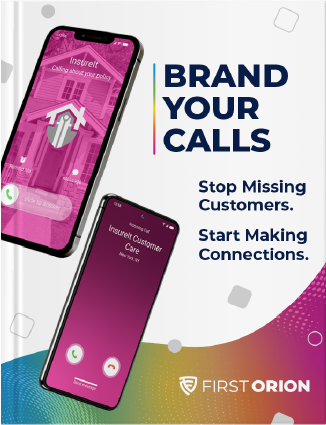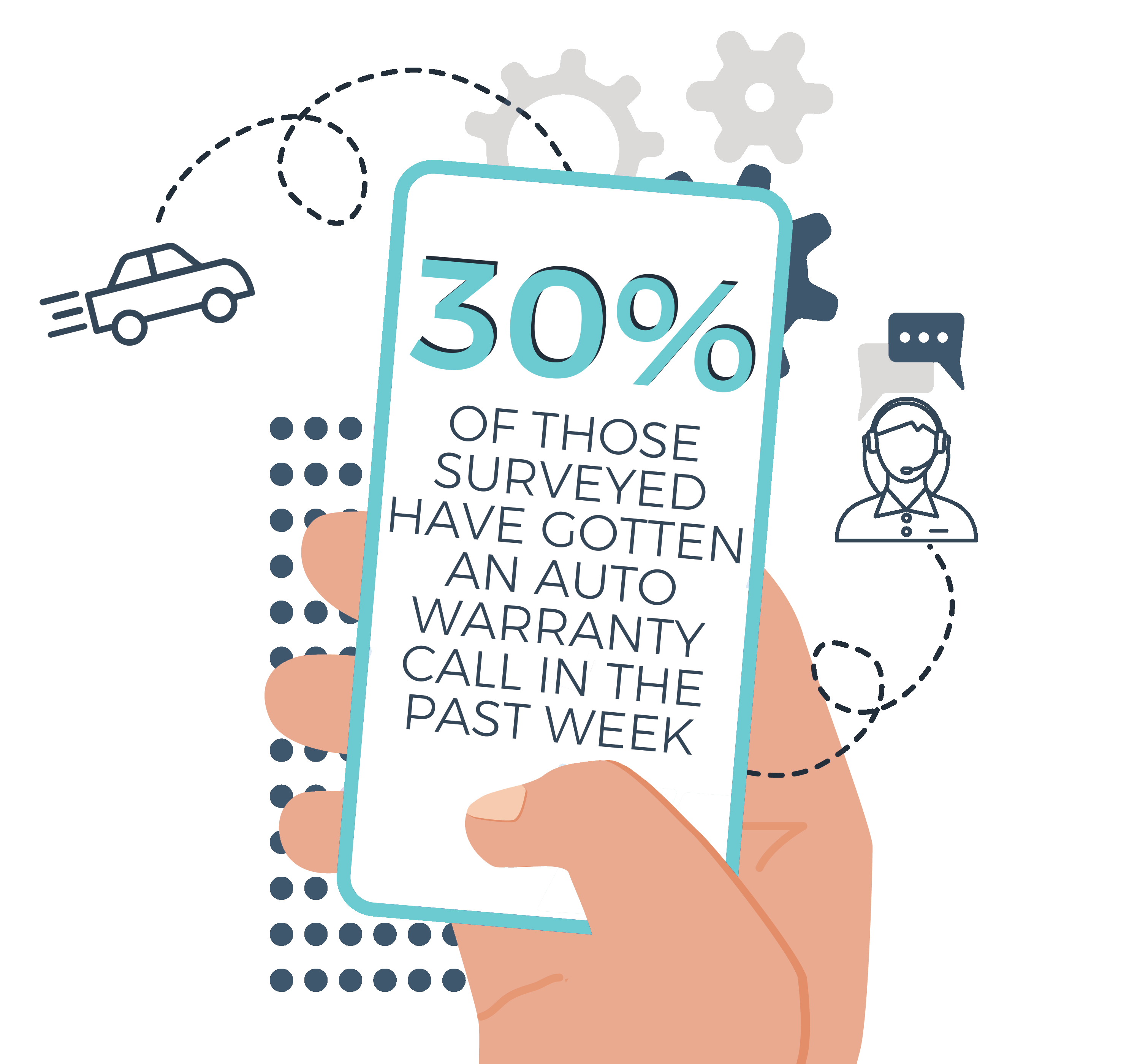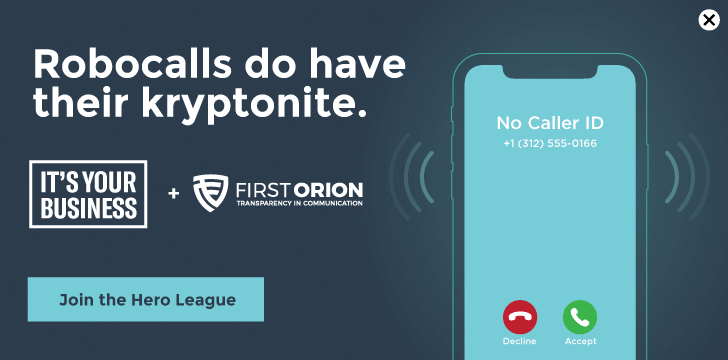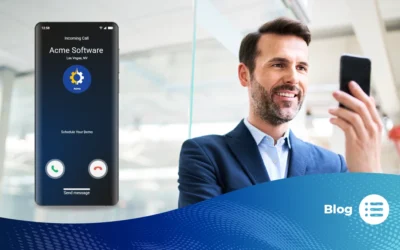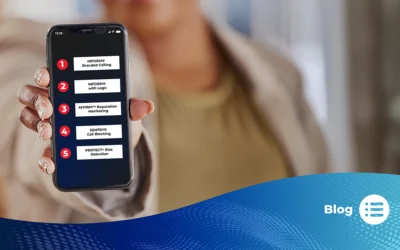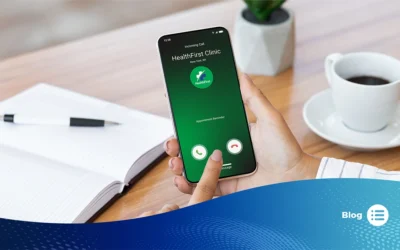“This is a final courtesy call before we close out your file. Press 1 to speak with someone about extending your car’s warranty before it’s too late…”
Does this voicemail sound familiar? Whether you own a car or not, you’ve probably gotten some version of this auto warranty robocall. Most robocalls are prohibited by law, but that doesn’t stop scammers from trying to bait unknowing consumers into giving them cash.
We were interested in learning more about these rogue auto scams, so we surveyed consumers who had received similar calls. 86% of respondents had gotten some type of extended car warranty call. This “limited time offer” urges you to buy an extended warranty to cover your vehicle – often upwards of $2000-3000. The problem is, these warranties are not associated with your car manufacturer or dealership, and the coverage may be less than than the “bumper-to-bumper” they promised.
These companies are using the same tactics as scammers to find victims. It doesn’t matter if you have an existing warranty on your car – or even own a car at all – they’re casting a wide net and hoping someone will get caught. Over 50% of the people we surveyed said they did not currently have any warranty on their vehicles. And there are a lot of people to curate from – nearly 30% of those surveyed said they’d gotten one of these calls in the past week.
Whether your car is up for warranty or not, the unsettling part is how much information these scammers have. Over 1/3 of people we talked to reported the caller had specific information about their vehicles, like make, model, or year. Scammers have begun using breached data to validate their calls, making it more difficult to discern whether or not a company is trustworthy.
When scammers use personal information to appear legitimate, they’re more easily able to manipulate whoever is on the phone. We discovered that 15% of our respondents had disclosed personal information to these auto warranty dialers, including Driver’s License and Social Security numbers. Unfortunately, 6% of all surveyed experienced a financial loss from an auto warranty scam call.
So beyond blocking every unknown call from your phone, what can you do? The Federal Trade Commission (FTC) continues to crack down on telemarketing companies that make deceptive automated calls and urges consumers to report any illegal robocalls. But legislation is only one small part of this equation. Legitimate companies have to work with both the FTC and consumers to make a viable solution.
Some businesses have chosen to take a “no calls” approach to their business because of how badly U.S. consumers are getting his with this scam. But for companies that rely solely on calling customers to relay information, cutting off all calls isn’t an ideal solution. That’s where branded calling solutions can fill in the gaps by showing customers who is calling and verifying the number is from a trusted source.
We work with companies that make large volumes of calls to legitimize their communication, making it easier than ever for businesses to complete calls. First Orion’s Engage and Inform solutions display branded graphics, so consumers see who is calling right away. The call also is delivered with a verification shield to assure the number has not been spoofed. Businesses can further customize the display with a message to the customer giving a reason for the call. When people know who’s calling and why they’re calling, they pick up; and more answered calls means more money to your bottom line.
If you’re a business that relies on customer contact to thrive – especially one that sells car warranties – Engage could be a fantastic solution for you. Let’s schedule a demo and get more of your calls answered.
